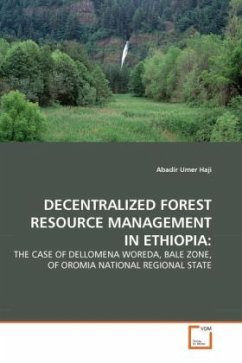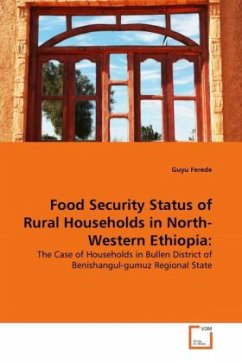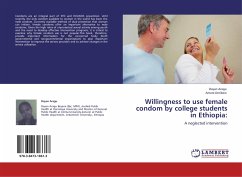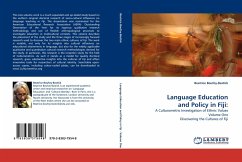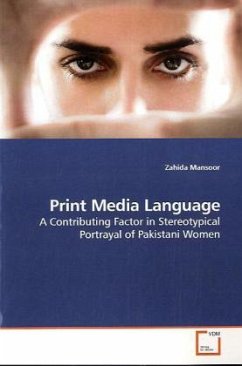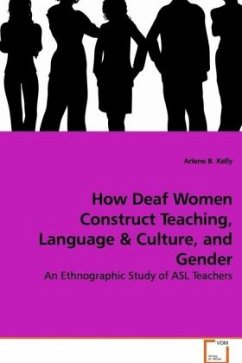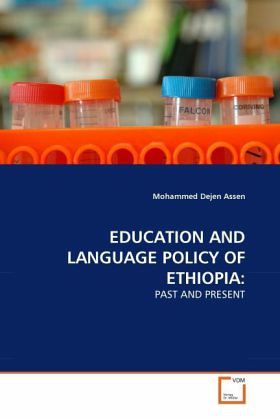
EDUCATION AND LANGUAGE POLICY OF ETHIOPIA:
PAST AND PRESENT
Versandkostenfrei!
Versandfertig in 6-10 Tagen
32,99 €
inkl. MwSt.

PAYBACK Punkte
16 °P sammeln!
The use of local languages in primary education has been seen by some as an aspect of ethnically divisive policy that encourages the perception of differences and the development of regional nationalisms. The proponents believe that the use of local languages is inherently politically divisive and compromises the integrity of the State. Convinced with this logic, Ethiopia's successive leaders followed a one language policy in education and other official activities wishing to promote a homogeneous national identity as a way of building a stable country until the 1991 regime change. The politic...
The use of local languages in primary education has been seen by some as an aspect of ethnically divisive policy that encourages the perception of differences and the development of regional nationalisms. The proponents believe that the use of local languages is inherently politically divisive and compromises the integrity of the State. Convinced with this logic, Ethiopia's successive leaders followed a one language policy in education and other official activities wishing to promote a homogeneous national identity as a way of building a stable country until the 1991 regime change. The political change of the late 20th C in Ethiopia has resulted in a far-reaching education reform and transition from a one language media to a multilingual approach in the education sector. Although a novel beginning, the new policy's major obstacles remain material and professional shortages. The writer of this book strongly believes that readers will enjoy reading the challenges in formulating language and education policies in multilingual countries and will grasp a lesson from the successes and pitfalls of Ethiopian policy.



